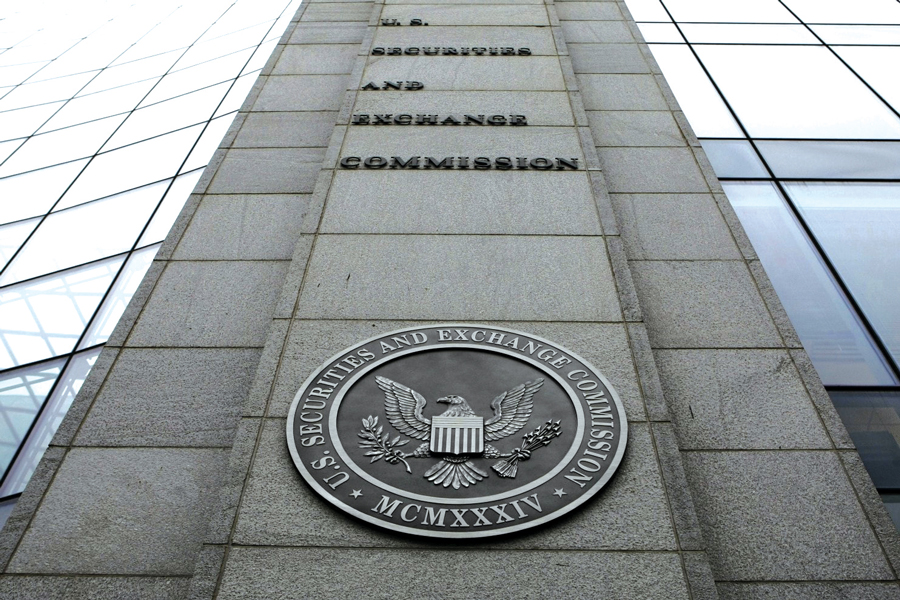

After pleading guilty to criminal charges over the summer, two senior executives of the Woodbridge Group of Companies on Friday settled civil charges with the Securities and Exchange Commission for $3.75 million.
The two executives, Dane Roseman and Ivan Acevedo, were both sales managers for Woodbridge at different times between 2013 and 2017. They worked for Robert Shapiro, Woodbridge's CEO, who in 2019 received the maximum sentence of 25 years in prison for running a $1.3 billion fraud that caused more than 7,000 retirees and other investors to lose money.
Shapiro, of Sherman Oaks, California, promised returns as high as 10% from investments in loans to property developers. Instead, he used money from new investors to repay earlier ones and used $36 million to buy luxury homes, wines, paintings and custom-designed jewelry for his wife.
Roseman agreed to pay disgorgement of $2.43 million plus $423,000 in interest, according to the SEC, while Acevedo agreed to pay $743,000 in disgorgement plus $161,000 in interest. In September, a federal judge in Miami sentenced both Roseman and Acevedo to five years in prison.
The Financial Industry Regulatory Authority Inc. over the past few years has suspended and barred a number of brokers who sold the Woodbridge securities, which were unregistered securities.
As sales managers, Roseman and Acevedo sold Woodbridge securities and trained and supervised Woodbridge internal sales agents who sold Woodbridge securities, according to the U.S. Attorney's office. Using high-pressure sales tactics, Shapiro, Roseman, Acevedo, and others marketed and promoted these investments as low-risk, safe, simple and conservative.
Shapiro, Roseman and Acevedo falsely claimed that Woodbridge was profitable and advertised high rates of return to investors, according to the U.S. Attorney. However, Shapiro’s real estate portfolio failed to generate sufficient cash flow to satisfy the loan obligations and interest payments owed to investors.
To make up for the cash deficiency, Shapiro resorted to making Ponzi payments, meaning hundreds of millions of dollars invested by new investors were used to pay “returns” to older, existing Woodbridge investors, according to the U.S. Attorney.

Catch-up contributions, required minimum distributions, and 529 plans are just some of the areas the Biden-ratified legislation touches.

Following a similar move by Robinhood, the online investing platform said it will also offer 24/5 trading initially with a menu of 100 US-listed stocks and ETFs.

The private equity giant will support the advisor tech marketing firm in boosting its AI capabilities and scaling its enterprise relationships.

The privately backed RIA's newest partner firm brings $850 million in assets while giving it a new foothold in the Salt Lake City region.

The latest preliminary data show $117 billion in second-quarter sales, but hints of a slowdown are emerging.
Orion's Tom Wilson on delivering coordinated, high-touch service in a world where returns alone no longer set you apart.
Barely a decade old, registered index-linked annuities have quickly surged in popularity, thanks to their unique blend of protection and growth potential—an appealing option for investors looking to chart a steadier course through today's choppy market waters, says Myles Lambert, Brighthouse Financial.
